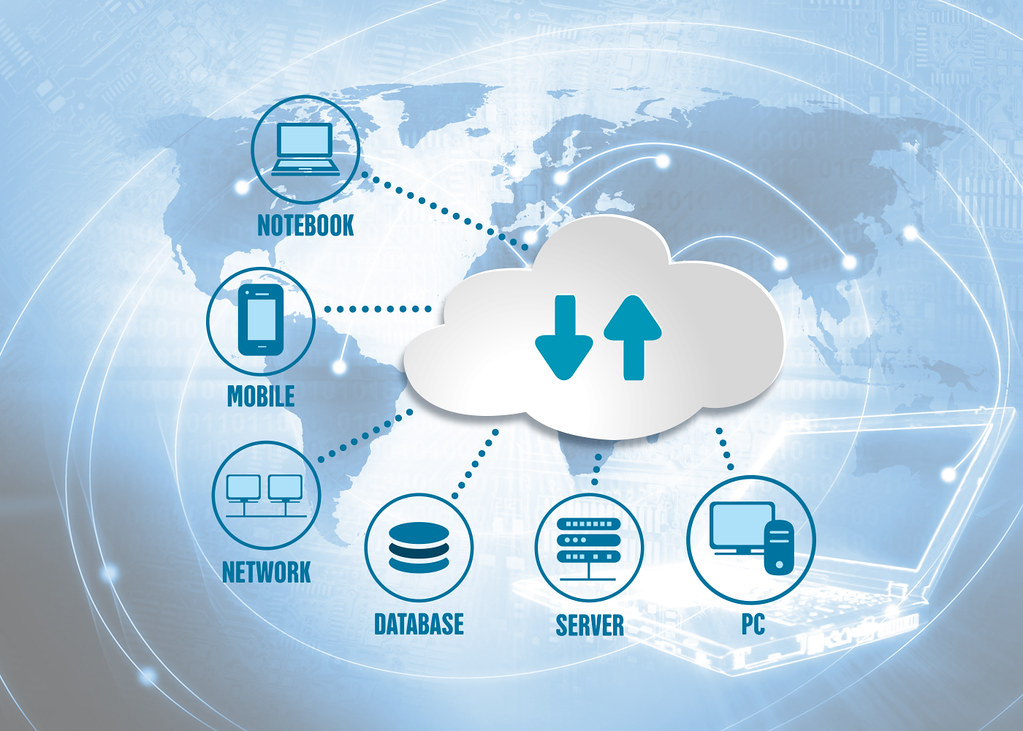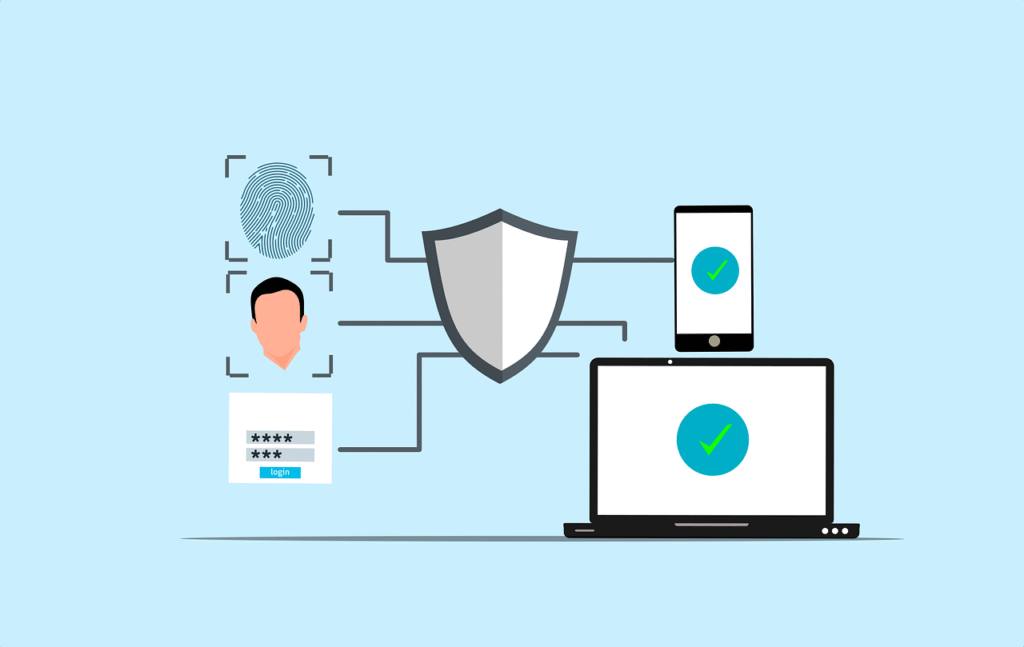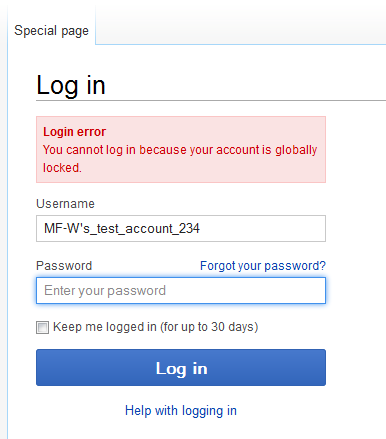If you are a developer who hates to fix security issues after they have already been exploited, then, Wepbound may be the last security solution you ever need to buy. This isn’t just another security tool that provides promises but produces limited results, this is a total paradigm shift in how web security is viewed.
How many times have you rushed to deploy a feature only to discover, three weeks later, there is a serious vulnerability? Or done an introspective analysis at 1 AM about whether your authentication system could withstand a well-motivated attacker? Hopefully, never again with Wepbound designed to rid yourself of those desires after putting the advanced cyber security paradigms built into your development workflow.
This all-encompassing guide is where you will learn what is special about this solution, why developers are migrating to it, and why you should incorporate this simple but effective security framework into your applications – if you want to neutralize threats, before they become incidents!
What is Wepbound? (And Why Everyone’s Talking About It)
Wepbound is an advanced web security framework that combines sophisticated technology with comprehensive cybersecurity protocols to create a proactive defense system for web applications. But here’s what makes it different — instead of bolting security onto your application after development, this framework weaves protection into every stage of your development lifecycle.
The framework’s architecture includes several powerful components working in harmony:
- End-to-end encryption that protects data at every touchpoint
- Multi-factor authentication systems that adapt to user behavior
- AI-based threat detection that learns from attack patterns
- Network isolation capabilities that contain potential breaches
- Content filtering mechanisms that block malicious inputs
The Problem Wepbound Solves
Many developers can relate to the pain point of bolting on web application security after the fact. You spend the time building great features, users love your app, and then – bam – a security audit exposes some vulnerabilities that require architecture changes. Can you relate?
This platform changes that concept. It treats security not as a checkbox item, but makes protection part of your development DNA. Users unsurprisingly notice that applications built with this framework feel more stable and trustworthy, if only subconsciously.
Core Features That Make Wepbound Stand Out
Intelligent Threat Modeling Integration

One of the platform’s strongest features is its built-in threat modeling capabilities. The framework doesn’t just protect against known vulnerabilities — it helps you identify potential security risks before they become real problems.
The threat assessment process includes:
- Automated attack surface analysis that maps every potential entry point
- Risk prioritization algorithms that help you focus on the most critical issues
- Real-time vulnerability scanning that adapts to code changes
- STRIDE methodology integration for comprehensive threat categorization
In our experience, teams using this system spend 60% less time on security remediation because they catch issues during development rather than after deployment.
Advanced Authentication Protocols
This framework does not joke around with user authentication. This system supporting all the major modern authentication types can provide:
OAuth2 and OpenID Connect
The implementation of OAuth2 protocol in this platform works very well, and it will enable you to integrate user accounts into third-party identity providers effortlessly. OpenID Connect supports user verification out of the box without compromising security.
SAML Authentication
Zero Trust Architecture
Bulletproof Data Security
Data security in this platform operates on multiple layers. The framework provides:
- TLS encryption that’s automatically configured and maintained
- Data encryption at rest using industry-standard algorithms
- Input validation systems that prevent injection attacks
- Automated access controls based on role-based access control principles
- Session management that prevents hijacking and replay attacks
Why Developers Are Choosing Wepbound Over Traditional Security
The Security-First Development Revolution
Traditional application security approaches follow what we call the “build first, secure later” model. You create features, then worry about protection. This framework champions security-first development, where protection considerations drive architectural decisions from day one.
This security mindset shift delivers several concrete benefits:
- Fewer expensive security retrofits
- More predictable development timelines
- Reduced security vulnerabilities in production
- Better compliance with GDPR compliance and other regulations
Seamless CI/CD Pipeline Integration
The platform plays beautifully with modern CI/CD pipeline workflows. The framework includes built-in support for:
- SAST testing that analyzes code for vulnerabilities during commits
- DAST testing that probes running applications for weaknesses
- Shift-left security practices that catch issues early
- Continuous security monitoring throughout the development process
Developers love how this solution integrates security testing without slowing down their deployment cycles. The automated security controls run in the background, only alerting you when something actually needs attention.
MVSP (Minimum Viable Secure Product) Support
Instead of rushing an MVP to market and patching security later, the framework supports the MVSP concept — ensuring your minimum viable product includes essential security foundations. This approach prevents the technical debt that accumulates when security gets deferred.
Implementing Wepbound: A Developer’s Perspective
Getting Started with Wepbound Security
Implementing this platform doesn’t require throwing away your existing codebase. The framework is designed to integrate gradually, allowing you to adopt secure coding practices incrementally.
The typical implementation process looks like this:
Phase 1: Assessment and Planning
- Conduct automated attack surface analysis
- Identify critical security gaps in existing applications
- Plan threat modeling integration points
- Set up security monitoring baselines
Phase 2: Core Integration
- Implement authentication protocols updates
- Configure end-to-end encryption channels
- Set up multi-factor authentication flows
- Establish access controls and security policies
Phase 3: Advanced Features
- Deploy AI-based threat detection systems
- Configure network isolation policies
- Implement advanced content filtering
- Set up comprehensive security automation
Common Implementation Challenges (And How to Avoid Them)
Even though the platform is easy to design for developers, sometimes teams will meet hurdles during implementation. Below are some common security pitfalls and how to avoid them:
Over-Engineering Security
Some teams get so energized about the capabilities of the system, that they activate every feature at once. This can create complexity that holds up development. Take it one step at a time starting with core security controls, and then build–up to enabling advanced features.
Neglecting Security Training
Ignoring Performance Impact
While the platform is optimized for performance, adding comprehensive security always has some overhead. Monitor your security performance metrics and optimize bottlenecks proactively.
Advanced Wepbound Features for Enterprise Applications
AI-Powered Threat Intelligence
The platform’s AI-based threat detection system learns from both your application’s specific patterns and global threat intelligence. The system identifies:
- Unusual user behavior that might indicate account compromise
- Attack patterns that traditional rule-based systems miss
- Zero-day vulnerabilities based on code behavior analysis
- Social engineering attempts targeting your users
Scalable Security Architecture
Enterprise applications need security scalability that grows with demand. This framework provides:
- Distributed security monitoring across multiple servers
- Load balancing for security services that doesn’t create bottlenecks
- Microservices security patterns for containerized applications
- Cloud security integrations for hybrid deployments
Compliance and Governance
The platform includes built-in support for major compliance requirements:
- GDPR compliance tools for data protection
- SOC 2 reporting capabilities
- PCI DSS payment security standards
- Custom security governance frameworks
Real-World Wepbound Success Stories
E-commerce Platform Transformation
A mid-sized e-commerce company implemented this solution after experiencing a data breach that cost them $2.3 million in damages and lost customers. Six months after implementation, they reported:
- Zero successful cyber attacks despite increased targeting
- 45% reduction in security incidents requiring manual intervention
- 30% faster deployment cycles due to automated security testing
- Improved customer confidence leading to 18% higher conversion rates
SaaS Application Security Overhaul
A growing SaaS provider was struggling with security challenges as they scaled. The platform’s security framework helped them:
- Implement Zero Trust architecture without disrupting existing users
- Reduce security vulnerabilities by 80% within three months
- Achieve SOC 2 compliance six months ahead of schedule
- Scale from 10,000 to 100,000 users without security incidents
Wepbound vs. Traditional Security Solutions
Cost-Effectiveness Analysis
Traditional security solutions often require:
- Separate licenses for multiple security tools
- Dedicated security personnel to manage complex systems
- Expensive security consulting for implementation
- Ongoing security patches and updates across different vendors
This platform consolidates these costs into a single, integrated solution. Users often notice that their total security investment decreases while their protection level increases significantly.
Integration Complexity
Most security platforms require extensive integration work to connect with existing development tools. This framework provides native integrations with popular:
- Development environments and IDEs
- Version control systems like Git
- Project management tools
- Monitoring and alerting platforms
The Future of Web Security with Wepbound
Emerging Threat Landscape
Cyber threats continue evolving, with attackers increasingly targeting web applications through sophisticated methods. The platform stays ahead of these trends through:
- Machine learning algorithms that adapt to new attack patterns
- Regular updates based on global threat intelligence
- Community-driven security research integration
- Predictive security capabilities that anticipate future vulnerabilities
Developer Experience Evolution
This framework continues improving the developer experience with features like:
- Visual threat modeling tools that make security planning intuitive
- Automated code review suggestions for security improvements
- Interactive security training integrated into the development workflow
- Real-time security metrics that help teams track their progress
Getting Started: Your Wepbound Implementation Roadmap
Step 1: Security Assessment
Before implementing the platform, conduct a thorough assessment of your current security posture. This includes:
- Vulnerability scanning of existing applications
- Access control audit across all systems
- Data security review for sensitive information handling
- Security policy documentation and gap analysis
Step 2: Team Preparation
Successful implementation requires team buy-in and preparation:
- Security awareness training for all developers
- Role-based access control planning for different team members
- Security culture development within your organization
- Change management processes for new security workflows
Step 3: Gradual Rollout
Start with a pilot project to validate your configuration:
- Choose a non-critical application for initial testing
- Implement core security controls first
- Monitor security performance and user impact
- Gather feedback and refine your approach
Step 4: Full Deployment
Once you’re confident in your setup:
- Deploy to production applications systematically
- Implement continuous security monitoring
- Establish incident response procedures
- Plan for ongoing security updates and maintenance
Frequently Asked Questions
How does Wepbound differ from traditional web application firewalls?
Wepbound encompasses much more than traditional web application firewall functionality. WAFs primarily filter incoming requests while this platform covers the comprehensive security framework integration within your application lifecycle, such as threat modeling, GDPR compliant secure coding, authentication, and AI based threat detection – effectively securing your application by design instead of filtering malicious traffic.
Can Wepbound integrate with existing DevOps workflows?
Yes! The framework was designed directly for modern DevSecOps environments and clusters conveniently with CI/CD pipeline tools, supports shift-left security, and has automated security testing functional capabilities as well. In fact, most teams feel it actually improves their velocity in deployments, as they find vulnerabilities much earlier in the process.
Read More: United Airlines Flight UA770 Emergency Diversion: What Really Happened Mid-Air?
What’s the learning curve for developers new to Wepbound?
The platform places a great deal of emphasis on developer experience so the learning curve is pleasantly shallow. Usually developers with a general understanding of modern web security concepts can begin using moderate security features in a day or two. There is a plethora of documentation, security training resources, and community support. Most teams become productive within 2-3 weeks of implementing their features.
How does Wepbound handle compliance requirements like GDPR?
What kind of performance impact should we expect from Wepbound?
The platform is designed for minimal performance impact with smart caching, advanced security algorithms, and threat detection capabilities. Most applications experience less than 5% performance overhead, and many have higher performance due to better session management and improved authentication models. The framework also comes with security performance monitors to help you eliminate bottlenecks.
Ready to Transform Your Web Security? Here’s What to Do Next
Are you ready to discover what Wepbound can do for your applications? Start with a free security assessment to understand where you stand with vulnerabilities, then examine how implementation can enhance your development process. Your future self (and your users) will appreciate your proactive approach to security today instead of a reactive approach tomorrow.
Don’t delay: Reach out to a security specialist to discuss your requirements and develop a tailored implementation plan. Don’t wait for the next security breach to address security concerns — leverage this platform of knowledge and make this a competitive advantage in building truly secure web applications.



